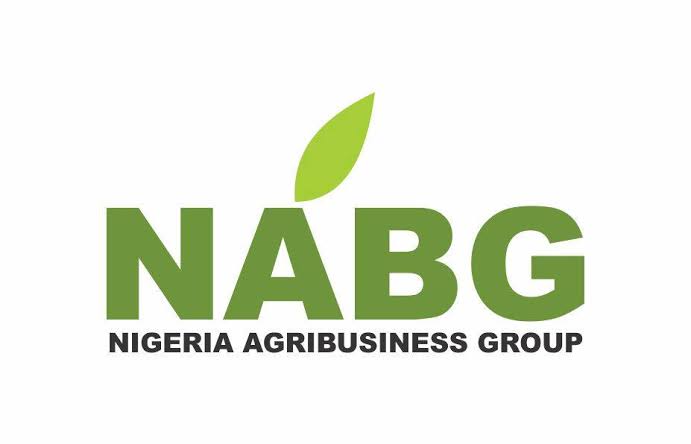The Nigeria Agribusiness Group, NABG, has led other stakeholders in the agricultural sector to reduce climate change impact on agribusiness with Climate -Smart Agriculture approach.
NABG with concern over the toll and impact of devastating climate change on farmers’ productivity in Nigeria organised a 2-day Workshop on Developing a National Framework for Climate-Smart Agriculture with theme ‘Cleaner, safer, rewarding agriculture’ held recently in Abuja.
Chinese investors to cultivate 10,000 hectares of rice in Yobe – Buni
AGRO SOLUTIONS: Using far less chemical fertiliser still produces high crop yields, study finds
Speaking on Climate-Smart Agriculture which is implemented by NABG, and funded by Bill and Melinda Gates Foundation, the President NABG, Emmanuel Ijewere, emphasized that farmers in Nigeria need to adopt Climate-Smart Agriculture as solution to crop cultivation, mitigating post-harvest losses, improving crop yields, restoring soil nutrients, and improving livestock farming amidst ravaging climate change impact on the ecosystem.
He pointed out that every country has specific responsibility to adjust to the climate change, especially in food production.
“We believe that it is high time Nigeria begins to transform its agri-food system including crops, livestock, fisheries, aquaculture, agroforestry and forestry. Agri-food systems must increase production in a sustainable manner in order to meet the Sustainable Development Goals, SDGs.
“So, the whole idea of putting this together is to ask ourselves these questions in advance and to put in place a framework that will enable us address these issues. The damage has already been done to the climate. Now, it is a question of living with those damages and mitigating them.
“At the end of the day, it is how to increase the yield, improve the soil, improve the environment and reduce the poverty of the people to ensure food security and to help in the diversification of the Nigerian economy.”
Director General of NABG, Dr Manzo Maigari, said it has become incumbent on all stakeholders to embrace the climate-smart agriculture because of the value it adds to productivity and the potential to reduce the risks faced by farmers via climate change.
“The whole idea is to be able to come up with a draft document that nourishes your resilience document that has been developed by the Federal Ministry of Agriculture and Rural Development.
“This is to support and enrich that document, that resilience framework from Federal Ministry of Agriculture and Rural Development, such that it can be upgraded into a policy document that can be approved by the Federal Executive Council and enable us mainstream climate-smart agriculture in all spheres of the Nigerian society, whether private or public, or the informal sectors with this climate-smart agriculture,” Maigari said.

 Join Daily Trust WhatsApp Community For Quick Access To News and Happenings Around You.
Join Daily Trust WhatsApp Community For Quick Access To News and Happenings Around You.